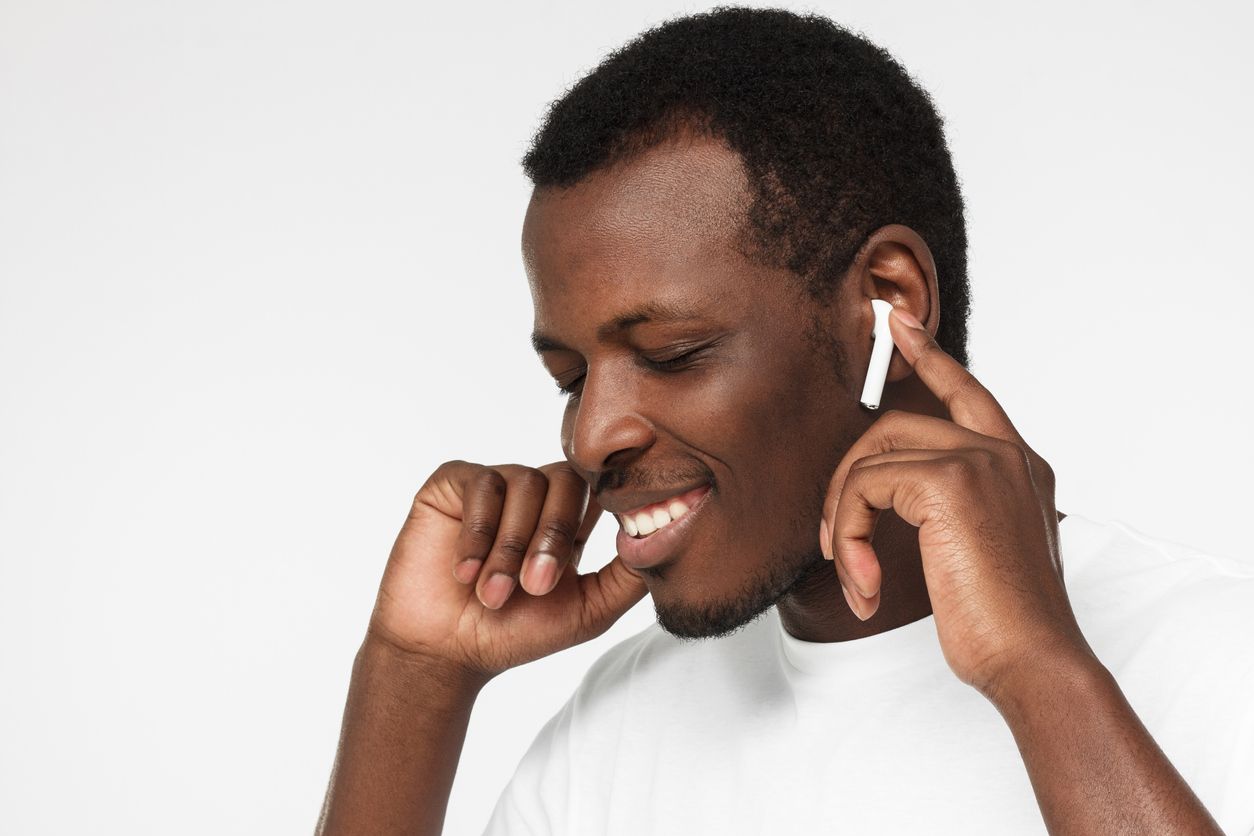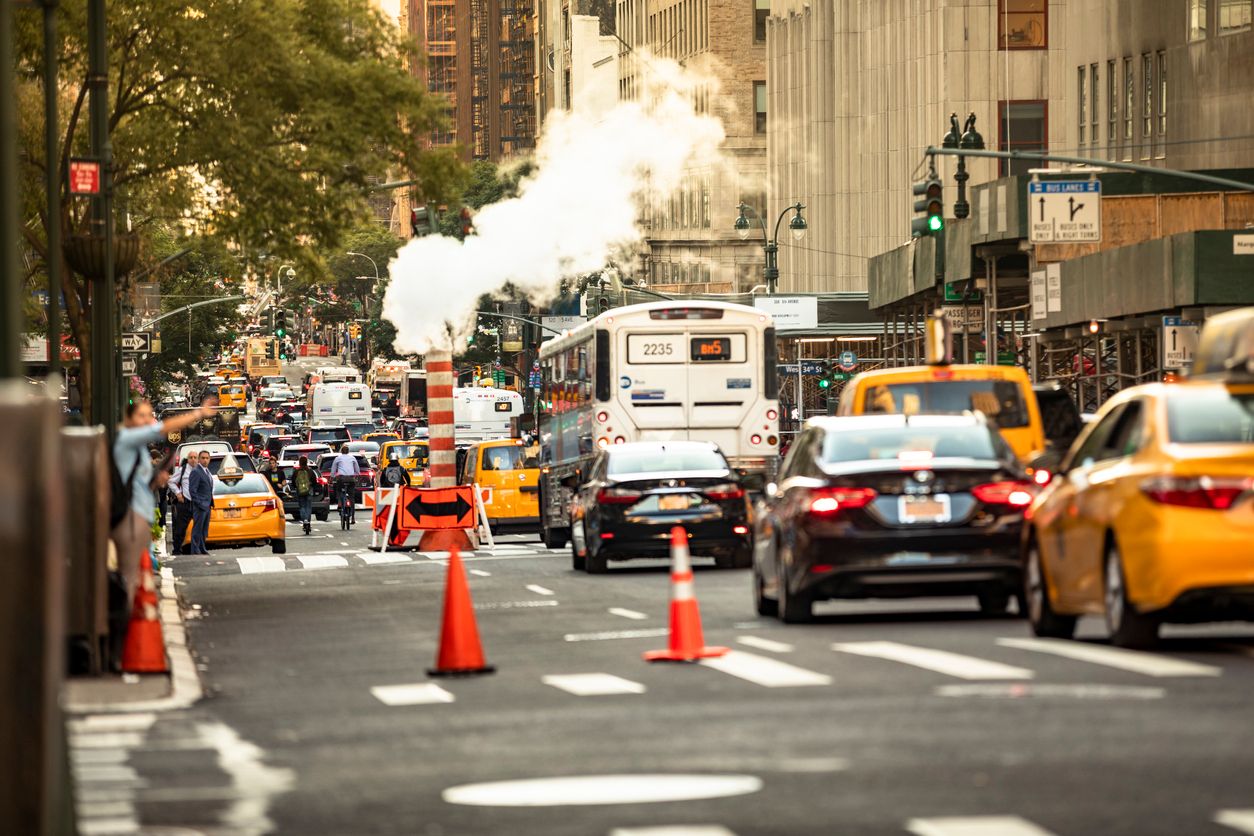Do you ever wonder if the sounds you hear throughout a normal day could cause you harm? Or whether listening to your favourite music too loud can be damaging? Most people think of jet engines and explosions when they think of loud noises. They don’t think that environmental noise can have dangerous levels and that this can affect their hearing health.
Today, we are going to explore if and what noises you hear every day can affect your hearing and how you can stay safe and protect yourself from any hearing damage.
Can Common Daily Noises Be Harmful?
The short answer to this question is yes. The World Health Organization and national authorities in most countries agree that noise levels exceeding 70 dB can be dangerous and cause hearing damage. Of course, it all depends on the exposure time to such levels and if any means of protection are used or not.
Environmental noise includes everything from the sounds coming from a construction site, car/public transport traffic noise, aircraft noise, to those coming from playgrounds or ventilation systems or appliances. When you think about it like this, you realize how many sounds we are actually exposed to on a day-to-day basis.
To determine if they can be harmful to your hearing (i.e. over 70 dB), the next question we need to answer is what are the noise levels of some of the environmental sounds we hear every day. Here is a shortlist of the most common city noises and their sound level:
- Road traffic: 85-95 dB
- Airplane taking off 120-140 dB
- Rock concert 110-120 dB
- A passing motorcycle 95-110 dB
- Noisy restaurant 75-85 dB
- Alarm clock 65-80 dB
- Washing machine 60-80 dB
- An air conditioning unit: 40-60 dB
- Normal conversation: 60 dB
- Baby crying: 110 dB
- Ambulance siren: 120 10 dB
- Music on headphones: 85-110 dB
As you can see, there are several environmental sounds over the recommended limit. And we are exposed to them every day. To protect our hearing health, we need to be aware of them and identify ways to limit exposure and protect our hearing health.
How To Identify and Manage Harmful Noise
To find out how loud a noise is and determine if it could be harmful, you can use a sound level meter or a sound level meter app. Apps are more convenient because you don’t need to invest in any equipment. Just download and use it straight from your phone.
You can use a sound level meter app like Decibel to easily measure environmental noises. It will help you identify if the noise around you is potentially harmful. Use it in your home and your office to measure the sounds you are exposed to throughout an average day. Also use it outside to determine the levels of city noises.
Additionally, you can find information online on what noises you should protect yourself from as well as what noise levels and exposure times are recommended by various health and safety organizations and authorities like WHO or OSHA.
As cities are getting busier and louder, several organizations are working to put together comprehensive studies and lists of data for densely populated areas and common loud noise sources like airports and public transport. You can stay up to date on their findings to protect yourself from harmful noise and learn more about protecting your hearing.
How To Protect Yourself Against Harmful Noise Levels
If you find that the levels of noise you are exposed to daily are scary, there are simple solutions to stay safe. You won’t need to spend an arm and a leg or change your lifestyle and move to a mountain top to protect your hearing.
The smallest of changes can make a lot of difference and keep you safe. Here are a few of the things you can do to protect yourself against harmful noise levels:

Use the 60/60 Rule for Headphones
The 60/60 rule says that you should listen to music at 60% of the maximum level and for no more than 60 minutes a day. This is considered a safe limit. It can protect you against long-term hearing damage or hearing loss.
Keep Home Noise Levels Down
At home, you should be mindful of the volume on your audio system and your TV. If you enjoy loud music or an occasional blockbuster movie with loud effects, try to reduce your exposure by taking breaks or turning the volume down.
If you often use power tools, buy newer, more silent versions. Manufacturers are constantly improving the noise levels of home appliances and home improvement equipment.
Most importantly, keep your children safe from loud noises and extended exposure.
Staying Safe at Public Events
How close you are to the sound source will determine how loud you the closer hear a sound. For instance, if you like going to concerts often, the closer you stand to the speakers, the more noise you’ll be exposed to. You should try to stay further away to protect your hearing and avoid too much exposure.
You can also limit the time you spend at concerts or public events to reduce your exposure to loud sounds or bring some hearing protection along to give your ears a small break every now and then.
Use Hearing Protection
Noise-canceling headphones, earmuffs, earplugs. These are all good ways of protecting your hearing from harmful noises. If you know you are going somewhere where you will be exposed to loud noises, use some hearing protection to avoid any long-term damage.

Monitor New Noises
If you move to a new city, a new home, or change jobs, the sounds you are exposed to will also change. Use the sound level meter app to monitor noise levels and identify any harmful noise levels. Then, determine if any protection is required and what you need to do to stay safe.



